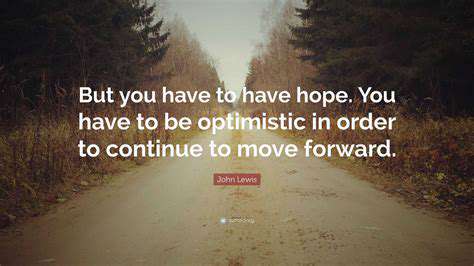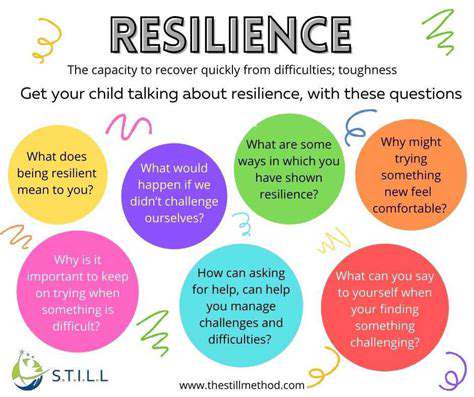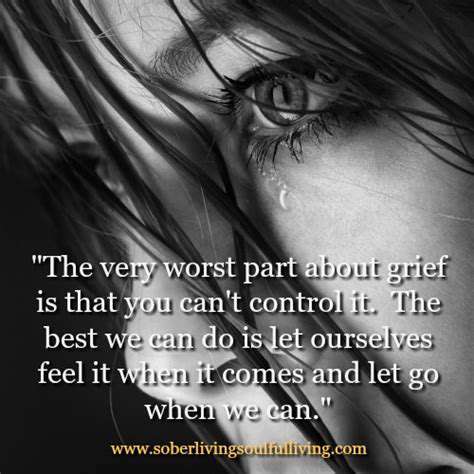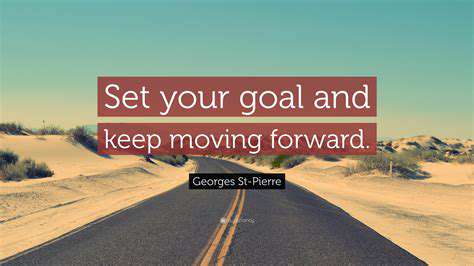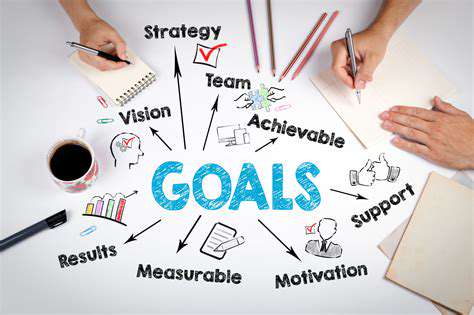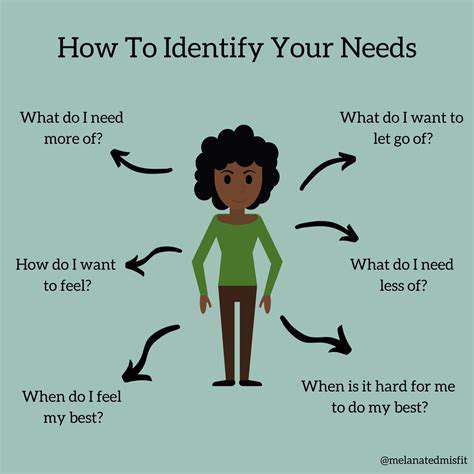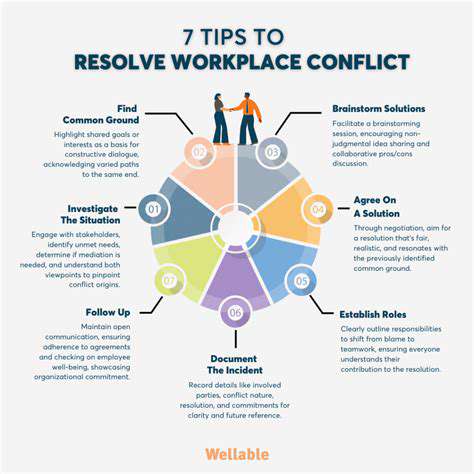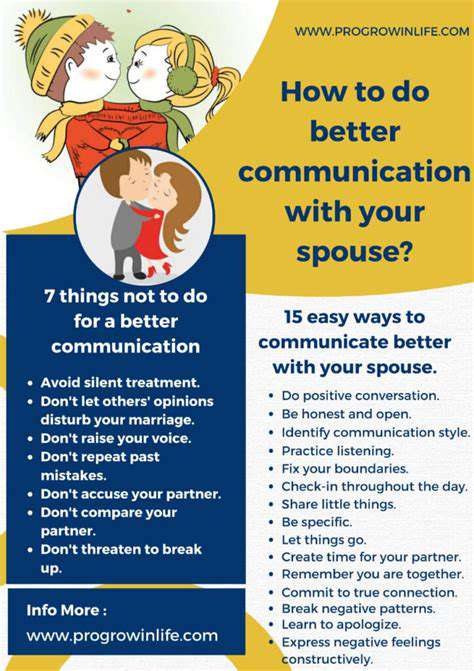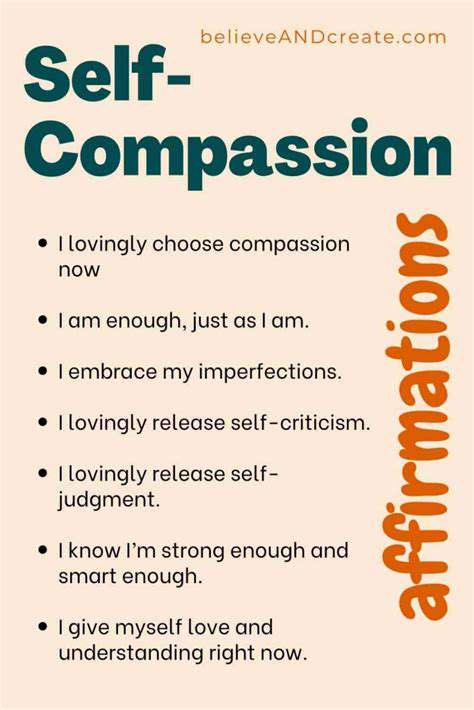Overcoming Heartbreak After a Breakup
Healing isn't linear. Some days you'll feel strong, others the pain will resurface. This doesn't mean you're failing—it means you're human. Each wave of grief, when fully experienced, carries you closer to wholeness.
Developing Healthy Coping Mechanisms
Understanding the Emotional Landscape
Breakups trigger primal fears of abandonment wired into our biology. Recognizing this evolutionary basis helps explain why rejection hurts physically. Your brain registers emotional pain similarly to physical injury—that's why heartbreak literally aches.
Denial serves a temporary protective function, but clinging to it prevents necessary grieving. The sooner you face reality (This relationship has ended), the quicker authentic healing begins. Consider writing a factual breakup narrative to reinforce acceptance.
Identifying and Challenging Negative Thoughts
The post-breakup mind excels at distortion: magnifying flaws, predicting eternal loneliness. Catch these cognitive distortions by asking: Would I say this to my best friend? Often, we're crueler to ourselves than to anyone else.
Create a thought counter notebook. When negative predictions arise (I'll die alone), write them down alongside contradictory evidence (My friend Sarah met her partner at 40). Over time, this practice rewires pessimistic thinking patterns.
Developing Healthy Coping Mechanisms
Different phases require different strategies. Early on, distraction (movies, games) provides necessary relief from obsessive thoughts. As acute pain lessens, transition to growth-oriented activities like learning new skills. Volunteering can be particularly healing—helping others puts personal struggles in perspective.
Seeking Support and Maintaining Self-Care
Isolation amplifies pain while connection dilutes it. Be strategic about your support team—seek out friends who listen without pushing agendas. If traditional therapy feels daunting, consider grief support groups where others understand exactly what you're experiencing.
Sleep, nutrition, and movement form the foundation of emotional recovery. When you can't think your way out of sadness, act your way forward through basic self-care. Even small improvements in these areas create positive momentum.
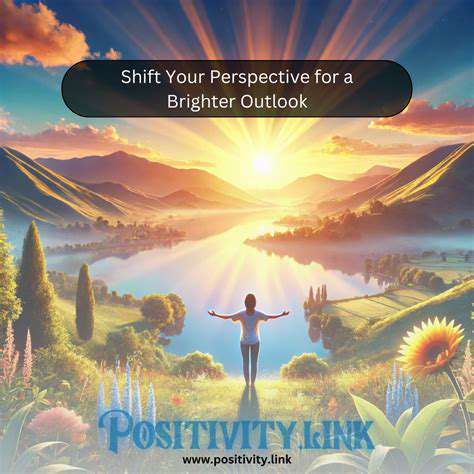
Reclaiming Your Independence and Self-Discovery
Understanding the Stages of Grief
The famous five stages (denial, anger, bargaining, depression, acceptance) rarely unfold neatly. You might cycle through them repeatedly or experience entirely different emotions. What matters isn't the order but the willingness to feel whatever arises.
Major life transitions like breakups often trigger identity crises. This uncomfortable phase contains incredible growth potential—who are you beyond this relationship? Start exploring that question through small experiments with new activities or social circles.
Reframing Your Narrative
Instead of viewing the breakup as failure, consider it a course correction. Every relationship teaches us more about what we truly need and deserve. Write a lessons learned list to concretize these insights.
Reclaiming Your Personal Space
Physical environment impacts emotional state. Rearrange furniture, change bedding, or add new art to symbolically reclaim your space. These tangible changes reinforce psychological shifts.
Rediscovering Your Passions and Interests
Relationships often lead to compromised hobbies. Reconnect with activities you loved pre-relationship or explore entirely new interests. This isn't just distraction—it's rebuilding your individual identity.
Building a Support System
Diversify your emotional portfolio. Different friends meet different needs—some for fun distractions, others for deep conversation. Cultivate this network intentionally rather than relying on one person.
Setting Healthy Boundaries
Learn to distinguish between support and unhealthy entanglement. I need space to process this myself is a complete sentence requiring no justification. Protect your energy fiercely during this vulnerable time.
Embracing Self-Care
True self-care goes beyond spa days—it's constructing a life that nourishes you. What daily practices make you feel most like yourself? Identify and prioritize these, whether it's morning journaling or weekly nature hikes.
